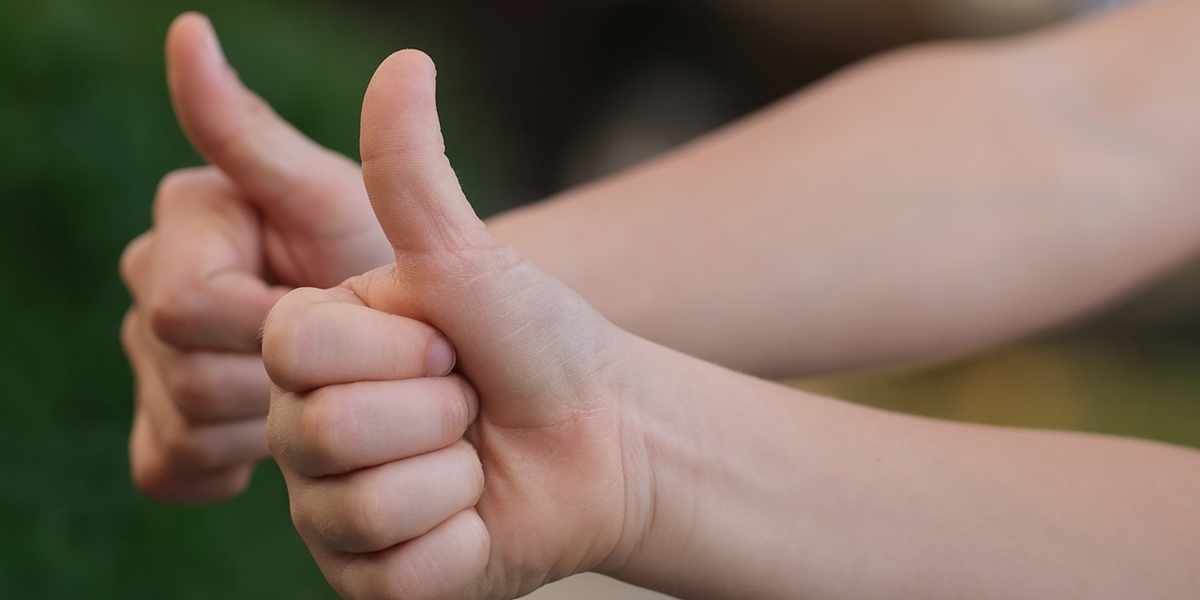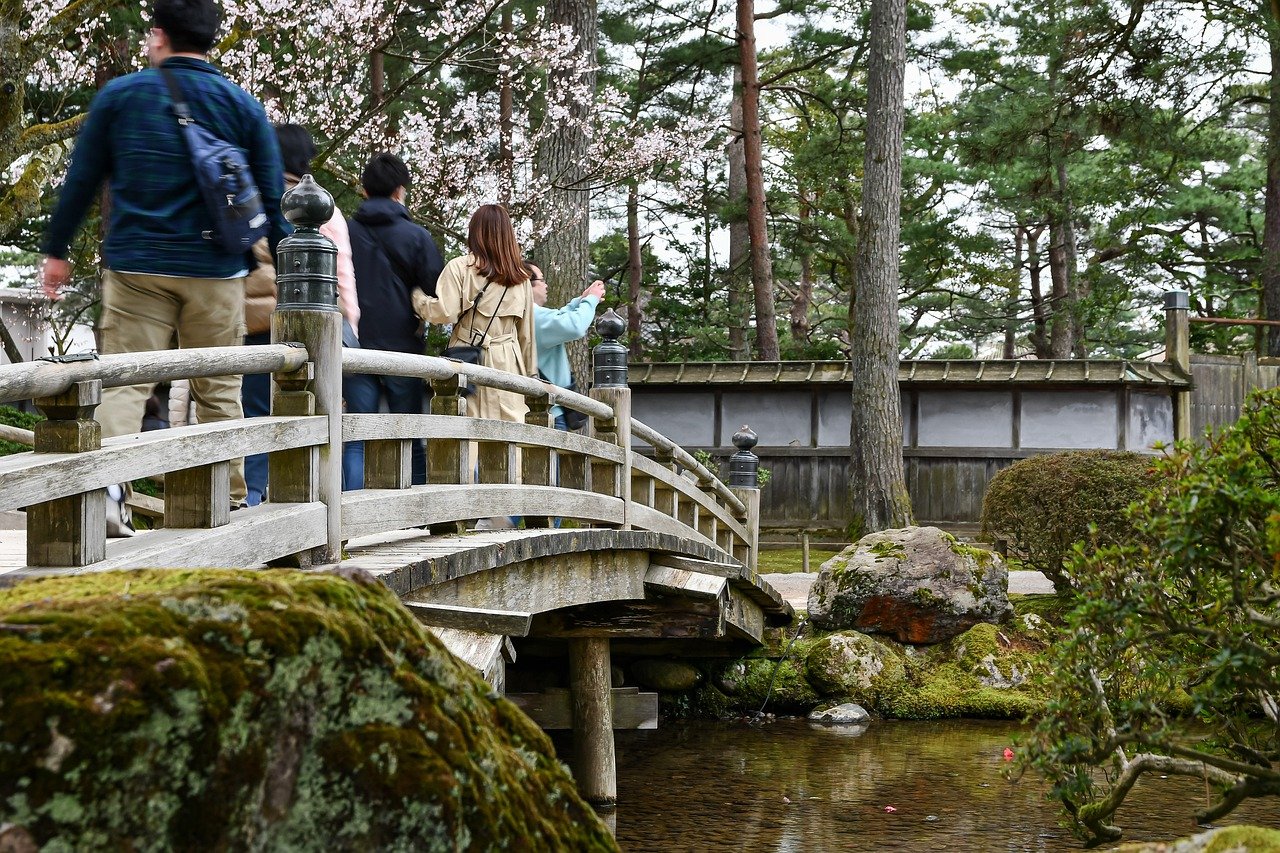Still on Hold Due to Bullying Case, This is Song Ha Yoon's Character Viewed from Her Blood Type
Curious about what Song Ha Yoon's character is like when viewed from her blood type? For those of you who are curious, let's check it out KLovers!

Kapanlagi.com - In Japanese, there are various expressions that can describe wonder, greatness, and admiration. Such as great Japanese expressions that can come from simple words used in everyday life to formal expressions that show deep respect.
Japanese offers a wide spectrum to express appreciation and amazement. And each expression carries its own unique nuance, reflecting the depth of the communication culture of the Japanese people, especially in providing great Japanese expressions.
For those who want to learn Japanese, here are some great Japanese expressions complete with a list of other words that have similar meanings. Let's check it out, KLovers!

Illustration (credit: pixabay.com)
What is great Japanese language? If you like watching anime, then you must have heard the word "Sugoi", this is a very versatile adjective that is often used in everyday Japanese, especially to say something is great.
Literally, this word can be translated as "extraordinary", "amazing", or "great", but the usage of this expression is actually much broader and nuanced. To understand it better, here are some important points about the great Japanese language sugoi:
1.Flexibility: The great Japanese language or sugoi can be used to describe both positive and negative things, depending on the context. For example, it can be used to praise someone's achievements or to describe a very challenging situation.
2.Intensity: This word is often used to express intense amazement or admiration. In informal conversations, Japanese people might repeat this word ("sugoi sugoi") to emphasize their feelings.
3. Adverbial usage: Besides being an adjective, the Japanese word sugoi can also be used as an adverb (sugoku) to modify other adjectives, similar to "very" in Indonesian.
4. Formal variation: In formal situations, a more polite form of the Japanese word "subarashii" may be more appropriate to use.
5. Usage in slang: Among young people, the Japanese word sugoi is sometimes abbreviated to "sugee" to give a more casual or masculine impression.
6. Cultural nuances: Lastly, in cultural nuances, the use of sugoi often reflects the Japanese cultural tendency to express appreciation or admiration verbally.
A proper understanding and usage of the word sugoi can greatly assist in effective communication in Japanese, showing appreciation, and expressing emotions in a way that aligns with Japanese culture.

Illustration (credit: pixabay.com)
So, what about great Japanese words besides sugoi? Are there other expressions? Each of these words has slightly different nuances and contexts of use, adding richness to the expressions in Japanese to convey admiration or praise.
However, there are several other great Japanese words or expressions besides sugoi. This word can be used in everyday conversation, both in formal and informal contexts. Here is a list of great Japanese words besides sugoi:
1. Subarashii - Wonderful, amazing
This word is often used in formal situations or when you want to express deep admiration. It is a more polite way to say "great" compared to sugoi.
Example: "Kare no ensou wa subarashikatta desu." - His performance was wonderful.
2. Saikou - The best, peak
This word literally means "highest" or "peak." It is used to describe something that is truly exceptional or the best in its category.
Example: "Kono ryouri wa saikou da!" - This dish is the best!
4. Odoroku beki - Surprising, astonishing
This word emphasizes the aspect of surprise or amazement. It is often used when something significantly exceeds expectations.
Example: "Kare no kaifuku wa odoroku beki hayasa datta." - His recovery speed was truly astonishing.
5. Rippa - Wonderful, honorable
This word is often used to praise achievements, appearances, or someone's character. It carries a sense of respect and admiration.
Example: "Kare wa rippa na isha ni narimashita." - He has become an extraordinary doctor.
6. Subarashii - Wonderful, amazing
This is the hiragana version of the word subarashii. Its usage is the same, but it can feel a bit more informal or softer.
Example: "Anata no e wa subarashii desu." - Your painting is amazing.
7.Suteki - Charming, great
This word is often used to describe something beautiful, enchanting, or pleasant. It has a softer nuance compared to sugoi.
Example: "Suteki na doresu desu ne." - The dress is very beautiful, isn't it.
8.Erai - Great, extraordinary
Often used to praise someone's effort or achievement, especially when speaking to children or in informal situations.
Example: "Shukudai wo zenbu owaraseta no?Erai ne!" - Did you finish all your homework? That's amazing!
9.Taihen - Extraordinary, very
This word can have dual meanings. In a positive context, it means "extraordinary", but it can also mean "difficult" or "heavy" depending on the context.
Example: "Kanojo wa taihen yuushuu na gakusei desu." - She is a very talented student.
10.Takuetsu shita - Superior, brilliant
This word is more formal and often used in academic or professional contexts to describe exceptional excellence or expertise.
Example: "Kare no kenkyuu wa takuetsu shita seika wo agete iru." - His research has achieved brilliant results.
That is the great Japanese language that KLovers can know and understand. Understanding various expressions of "great" in Japanese can be new knowledge for KLovers who are learning Japanese.
(kpl/dhm)
Cobain For You Page (FYP) Yang kamu suka ada di sini,
lihat isinya
Curious about what Song Ha Yoon's character is like when viewed from her blood type? For those of you who are curious, let's check it out KLovers!
Curious, what traits indicate that Bill Gates is an ENTJ? To find out, let's dive into the following review.
Many fans speculate that Peter Parker or Spiderman has the MBTI type ENFP (Extraverted, Intuitive, Feeling, Perceiving). In this regard, there are several character traits that apparently indicate Peter Parker or Spiderman is an MBTI ENFP. Curious about what those traits are?
Kim Yoo Jung has successfully transitioned from a child actress to a leading star to be reckoned with in the entertainment industry. Here is a list of Kim Yoo Jung's films filled with sweet and captivating romance stories. Let's check it out, KLovers!
So, are you interested in watching recommendations for dramas about war generals? To find out, just check out the list of recommendations and their brief reviews below.
Come on! Let's take a closer look at how the ENFJ MBTI might influence Son Ye Jin's stunning career and appearance on screen. Check it out, KLovers!
Well, for those of you who like this eonni or have a similar zodiac. Here is the explanation of the Leo zodiac character through Jo Bo Ah. Let's check it out right away!
Let's explore together how the characteristics of the Leo zodiac might color the figure of Jang Ki Yong that we know on screen. Let's check it out, KLovers!
For that, here is the synopsis of the film ELYSIUM which not only offers thrilling action but also sharp social criticism, packaged in stunning visuals and a complex narrative. Let's check it out, KLovers!
For those of you who are curious about the synopsis. Here is the synopsis of the film WEDDING AGREEMENT with a plot and message that warms the heart. Let's check it out, KLovers!
Well, for those of you who are learning Japanese. Here is the Japanese language for housewives complete with other family vocabulary. Let’s check it out, KLovers!
Curious about what the true explanation of toothache dream meanings is? To find out, just take a look at the following review.